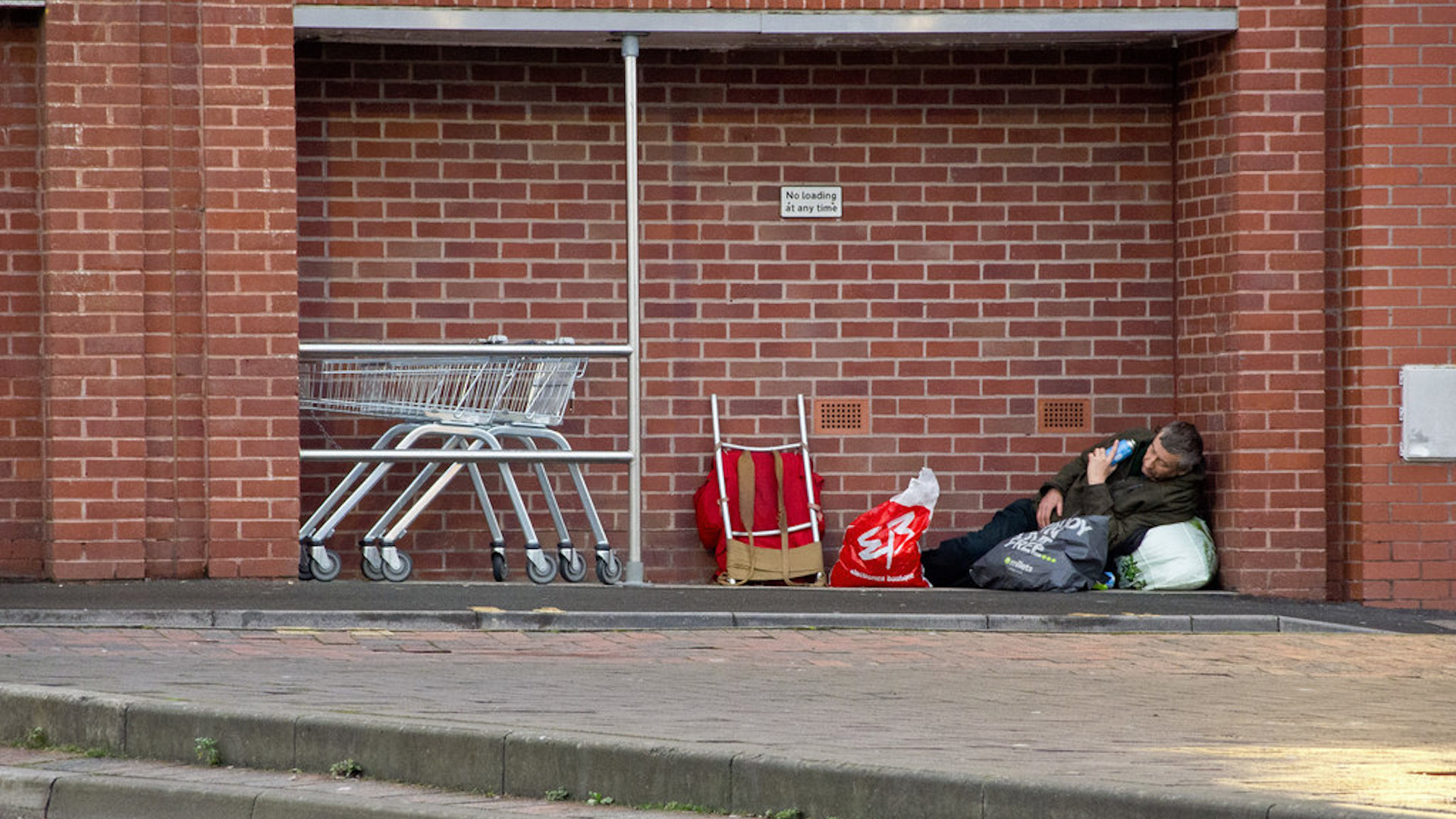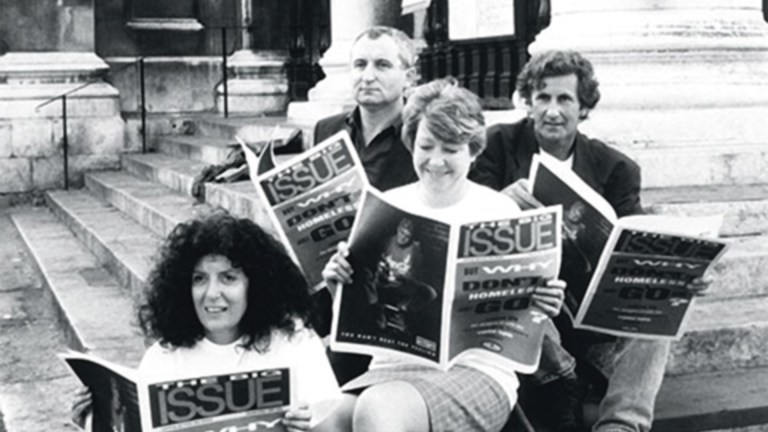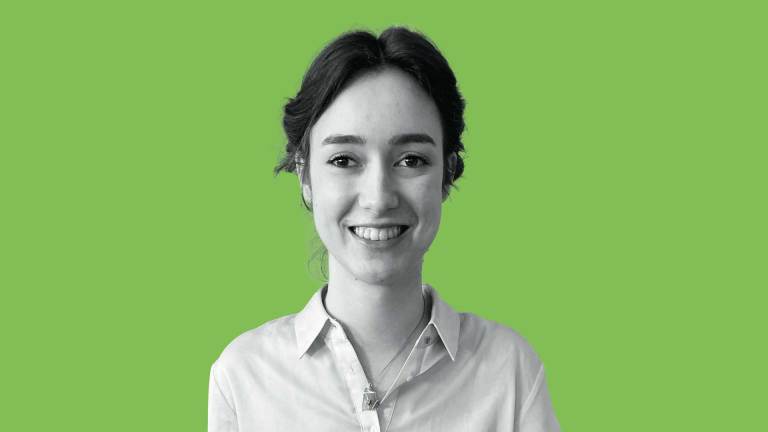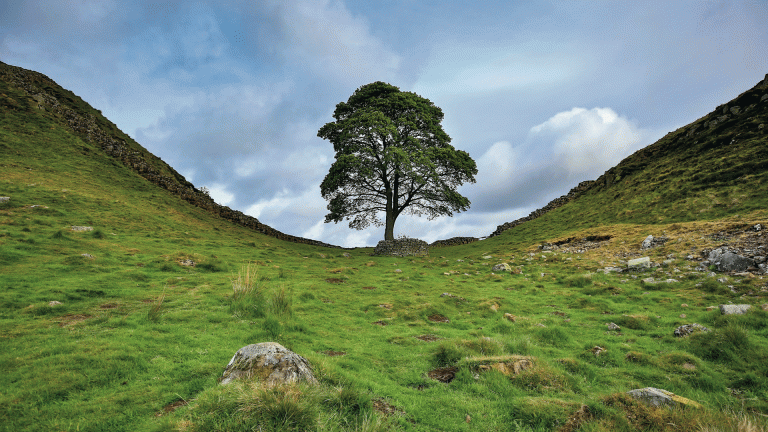Beyond that, with each party desperate to hold onto the numbers it has, the result sets up an interesting contest to become presiding officer — at least in the sense that no one will want to become presiding officer.
Wales, too, saw little change. A strong performance from Welsh Labour won a key constituency from Plaid Cymru while holding off advances from the Conservatives in a number of South and North Wales seats – including those taken by the Tories in 2019 general election – to bring its total to 30. That left the Conservatives on 16, Plaid Cymru on 13, and the Lib Dems winning one.
That result reduced chances of Labour seeking a coalition – like the SNP in Scotland it has previously operated as a minority government – even if a BBC headline claiming “Mark Drakeford to form Welsh Labour government alone” did seem a bold prediction. You’d have expected him to at least bring in a couple other Welsh Labour colleagues.
So what does this all mean for homelessness in the UK? Clearly the pandemic will continue to dominate our politics, and maybe it was the continued threat of Covid that pushed voters to follow similar patterns.
For homelessness services, certainly, the last 14 months or so have changed everything. Thousands of people were brought off the streets at the start of the pandemic and into safe, self-contained accommodation. By taking action previously deemed impossible, there is no doubt governments in England, Scotland and Wales saved lives – both from coronavirus and the cold.
Yet the obvious question is what happens next. In Wales, the continuity offered by another Welsh Labour government and significant cross-party consensus will provide a degree of certainty for those operating homelessness services, even if a potential change of housing minister could delay strong previous commitments to come up with an action plan to deliver all of the recommendations of the Homelessness Action Group on how to end homelessness.
Advertising helps fund Big Issue’s mission to end poverty
Some of that concern will exist in Scotland too, where housing minister Kevin Stewart – alongside opposition parties – has shown strong support for the recommendations of the Prevention Review Group, which examined how to stop people losing their homes in the first place.
Results in England too could have a huge impact on people experiencing homelessness. Greater Manchester – home to the re-elected Andy Burnham – is a pilot area for Housing First, an approach based in treating secure housing as the foundation for everything else in someone’s life, even if there are still serious questions over the future of its funding. Meanwhile Andy Street, the new West Midlands Mayor, has previously demonstrated a strong commitment to the importance of affordable housing.
In fact local authorities across the UK have been instrumental in helping people off the streets during the pandemic, with Everyone In and other schemes seeing authorities across the UK make more progress in a matter of months than we had previously seen in years.
So we have a choice. With a clear national strategy, rough sleeping could become consigned to history in England, meeting the Westminster Government’s commitment by 2024. If the Welsh Government follows through on recommendations from the Homelessness Action Group we can ensure that we have the right approaches in place to end homelessness for everyone in Wales. If the Scottish Government backs our call to chavnge the law to help prevent homelessness, we can stop people from losing their homes in the first place.
The elections are over for another cycle but we still have a choice. We can build on the progress of the last year, made possible by strong cross-party support, or we can watch as things go back to how they were, with more and more people forced to go through the trauma of homelessness.
The elections may not have changed too much, but the pandemic has. We can’t go back.
Advertising helps fund Big Issue’s mission to end poverty
Liam Kirkaldy is a communications officer at Crisis.










